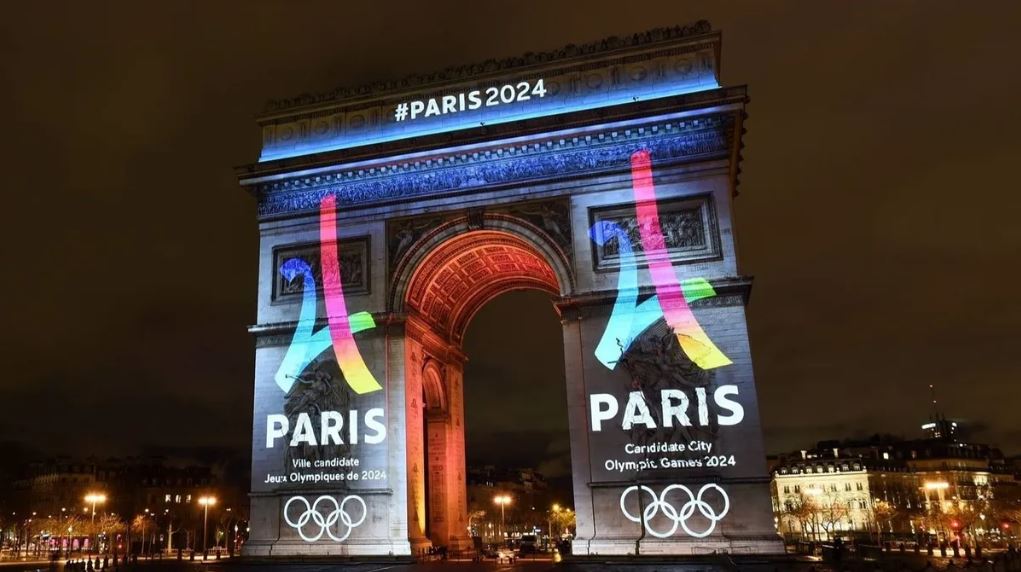As the world gears up for the Paris Olympics Games, the focus is not just on the athletes and their performances, but also on the intricate logistics that make their participation possible. One of the most critical aspects of this process is professional mobility – the relocation of athletes, coaches, and support staff from their home countries to the host nation. This article delves into the various facets of professional mobility, offering a comprehensive guide for those involved in the process.

Key Aspects for the Relocation: Accommodation, Linguistic Assistance and Ongoing Support
Relocation agencies play a crucial role in providing comprehensive support for all the professionals involved in the Olympics Games. The first step is finding suitable accommodation. They are in charge of providing appropriate living arrangements that meet the unique needs and preferences of the individuals, considering factors such as proximity to training venues, transportation access, and local amenities. Managing the rental process on their behalf, they handle negotiations, lease agreements, and paperwork, ensuring a seamless transition.
Moving to a new country can be an exciting yet challenging experience, and mobility agencies recognize the importance of cultural and linguistic assistance. They offer translation services, language classes, and cultural orientation programs to help individuals adapt to the rich history and unique customs of France. By bridging the cultural gap, athletes and coaches can navigate their new surroundings with ease, feeling more at home during their stay in Paris.
The role of mobility agencies does not end once the athletes and coaches have moved. They provide ongoing support to ensure a smooth relocation experience. This includes assistance with local registration processes, advice on living in France, and addressing any administrative tasks that may arise. Acting as a reliable point of contact, they offer guidance, solutions, and a sense of security throughout all the professionals who travel to Paris. By providing comprehensive support, mobility agencies allow individuals to fully focus on their training and performance in the Olympics. That is why we will now discuss the key points related to the legal and administrative issues of the mobility process for professionals participating in this big event.
Legal and Administrative Requirements needed by professionals to participate
· Visa Requirements
The type of visa required depends on the duration and purpose of the stay. France, in anticipation of the influx of international professionals for the Olympics, has created the multi-year residence card “passport talent.” This facilitates smoother relocation to the country, easing the process for athletes and coaches alike.
· Social Security
Athletes relocating to France also need an S1 document, a crucial piece of paperwork for social security. This document ensures that athletes are covered for healthcare during their stay, providing peace of mind as they focus on their performance.
· Work Permits
In some instances, athletes may also require work permits, mainly if they are set to receive a salary for their participation in the Olympic Games. This requirement is something that mobility departments need to be aware of to ensure compliance with French labour laws.
· Olympic Accreditations
Relocation agencies are instrumental in providing a seamless transition for athletes, coaches, and support staff relocating for the Paris Olympics, particularly in managing the complex process of obtaining Olympic Accreditations. They leverage of their understanding accreditation requirements to guide individuals, assist with the application process, ensure correct information and documentation submission, and track the application’s progress. Acting as a liaison with the Olympic Committee and French authorities, they efficiently handle communications, ensuring all requirements are met for a smooth accreditation process. Moreover, their expertise allows for effective time management, securing all accreditations well in advance of the games, thereby enabling athletes and coaches to focus on their primary goal – excelling in their respective sports.
· Payment Management
Relocation involves more than just the physical aspect of moving; it also entails effectively handling payments. This includes rent payments and various expenses associated with the mobility process. Fortunately, relocation agencies are in charge of these financial aspects, allowing athletes, coaches and staff to fully concentrate on their activities.

Conclusion
In conclusion, professional mobility for the Paris Olympics is a complex process, involving multiple steps and various stakeholders. However, with careful planning and the right support, it can be a smooth and stress-free experience, allowing athletes and coaches to concentrate on what they do best – competing in the world’s most prestigious sporting event. In case you have any questions about the process, do not hesitate to contact us and our professionals will provide you with all the information and knowledge necessary to successfully manage this process.

